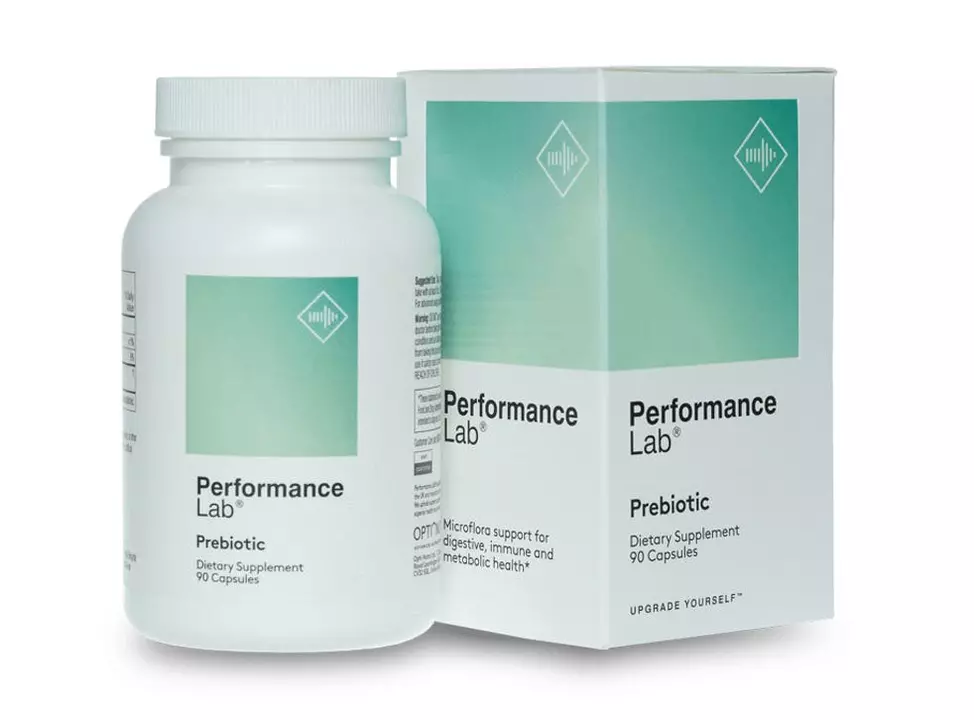Gut Health: Simple, Practical Steps to Fix Your Gut Fast
Your gut holds trillions of microbes that influence digestion, mood, immunity, and even sleep. Want clearer skin, fewer bloats, and better energy? Start here. Gut health is not a mystery—small daily choices add up fast.
Signs your gut needs help
Bloating, persistent gas, irregular stools, brain fog, and frequent yeast infections are common red flags. If you notice food intolerances or antibiotics wiped out your normal routine, your microbiome may be unbalanced. Occasional discomfort is normal, but constant symptoms deserve attention.
Daily habits that actually improve gut health
Eat fiber every day. Vegetables, fruits, beans, oats, and whole grains feed good bacteria. Aim for a variety—different fibers help different microbes. Try 25 to 35 grams daily if you can.
Add fermented foods. Plain yogurt, kefir, sauerkraut, kimchi, and miso offer live cultures that can boost diversity. Start with small portions to avoid temporary bloating, then increase as tolerated.
Use prebiotics, not just probiotics. Prebiotics are fibers like inulin and fructooligosaccharides that feed beneficial microbes. Foods high in prebiotics include garlic, onions, leeks, asparagus, and bananas.
Limit sugar and ultra-processed foods. They feed harmful microbes and increase inflammation. Swap soda, candy, and packaged snacks for whole-food alternatives most days.
Watch medication effects. Antibiotics, NSAIDs, and proton-pump inhibitors can reshape your microbiome. If you must use them, ask your prescriber about timing and whether probiotic support makes sense.
Manage stress and sleep. The gut and brain talk constantly. Chronic stress and poor sleep change gut signals and promote imbalance. Try short evening wind-down routines and aim for consistent sleep times.
Stay active. Regular movement improves gut motility and diversity of microbes. Aim for a mix of cardio, strength, and daily walks rather than marathon workouts every day.
Hydrate and chew. Proper hydration and slow chewing help digestion and nutrient absorption. Eating quickly can cause bloating even with healthy food choices.
If you try changes and symptoms persist, see a clinician. They may suggest tests for infections, inflammation, or malabsorption. For ongoing conditions like IBD, celiac, or unexplained weight loss, prompt evaluation is smart.
Quick starter plan: add one high-fiber food and one fermented food daily, cut one sugary product, keep bedtime steady, and move for 20 minutes. Track changes for two weeks—small wins add up.
Gut health affects more than digestion. Better sleep, clearer skin, and steadier moods often follow when the gut improves. These practical steps are easy to start today and don’t need fancy supplements to work.
Choosing a probiotic? Look for products with Lactobacillus and Bifidobacterium strains, at least 1 to 10 billion CFU per dose, and a clear expiry date. A simple daily menu: oatmeal with banana and nuts, lunch with beans and mixed salad, a yogurt snack, dinner with veggies and whole grains. When traveling, keep fiber and fermented snacks handy and avoid heavy alcohol. If you're unsure, book a short visit with a dietitian or gastroenterologist for tailored advice. Start small, be consistent, and track progress.

Probiotics and Fertility: What You Need to Know
- by Colin Edward Egan
- on 9 May 2023
As a blogger, I've come across some fascinating research on the connection between probiotics and fertility. It turns out that having a healthy gut can actually improve your chances of conceiving. Probiotics help balance the good and bad bacteria in our digestive systems, which can lead to better overall health, including reproductive health. I highly recommend looking into incorporating probiotics into your daily routine if you're trying to conceive. It's a simple and natural way to potentially boost your fertility!
